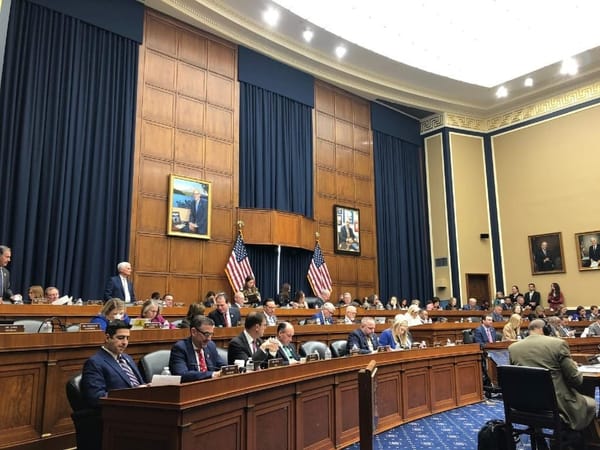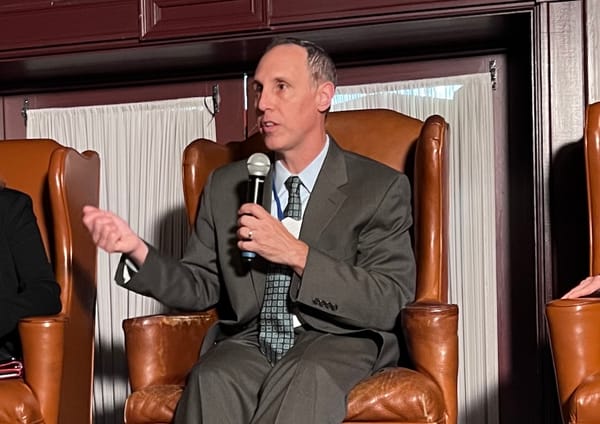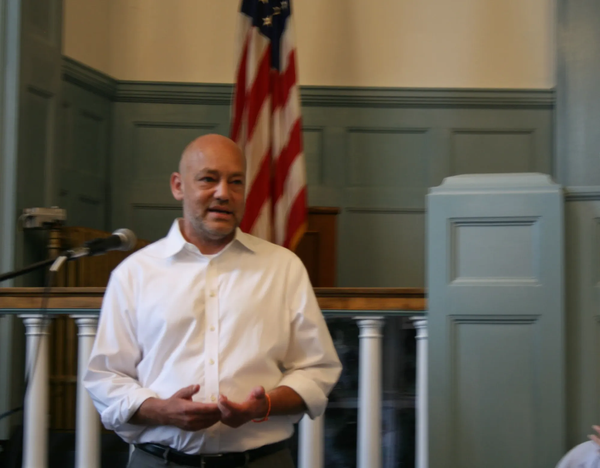TikTok Ban Nears as Appeals Court Upholds Divestiture Law
The D.C. Circuit ruling puts ByteDance on the clock to appeal to the Supreme Court or risk losing TikTok’s U.S. market by mid-January.

The D.C. Circuit ruling puts ByteDance on the clock to appeal to the Supreme Court or risk losing TikTok’s U.S. market by mid-January.

WASHINGTON, Dec. 6, 2024 – A federal appeals court panel unanimously upheld a law Friday that could result in TikTok being banned in the United States in just a few weeks.
A panel of the U.S. Court of Appeals for the D.C. Circuit denied TikTok’s petition to overturn a law requiring its Chinese parent company, ByteDance, to divest its U.S. operations by Jan. 19, 2025, or face a nationwide ban.
The court's decision that the law survived strict scrutiny — a rigorous standard almost never met — made a strong statement about the weight of the government’s national security concerns in this case. Strict scrutiny is the highest standard of judicial review used by courts to determine whether a law that restricts a constitutional right is justified.

What constitutes an 'invidious' DEI policy in regulators' eyes?

Democrats warn the law will fall flat without a functional FTC to enforce it.

Providers had asked for several changes, including to how the agency determined the presence of unsubsidized competitors.

Supporters argue the bill would preserve agency expertise in complex rulemaking